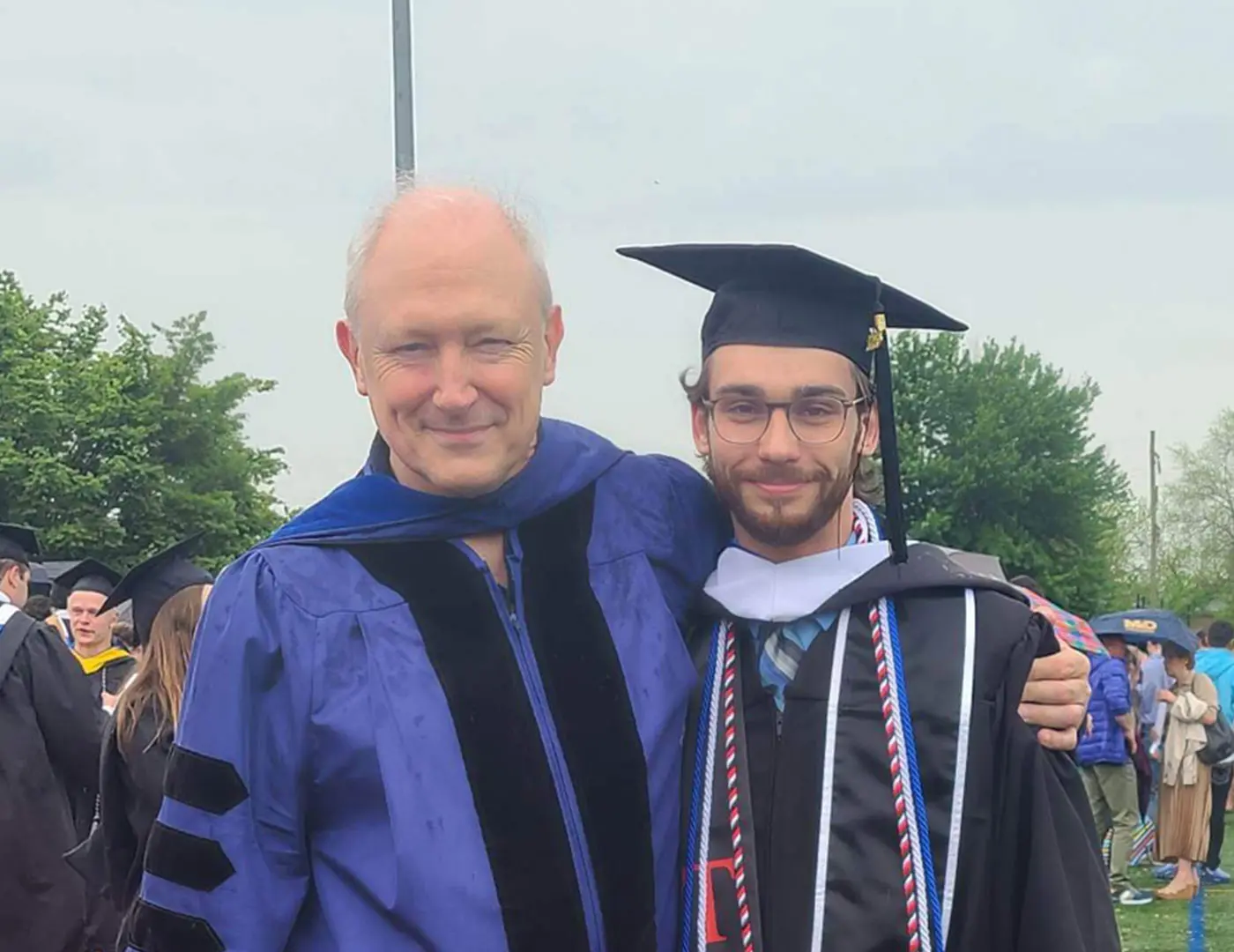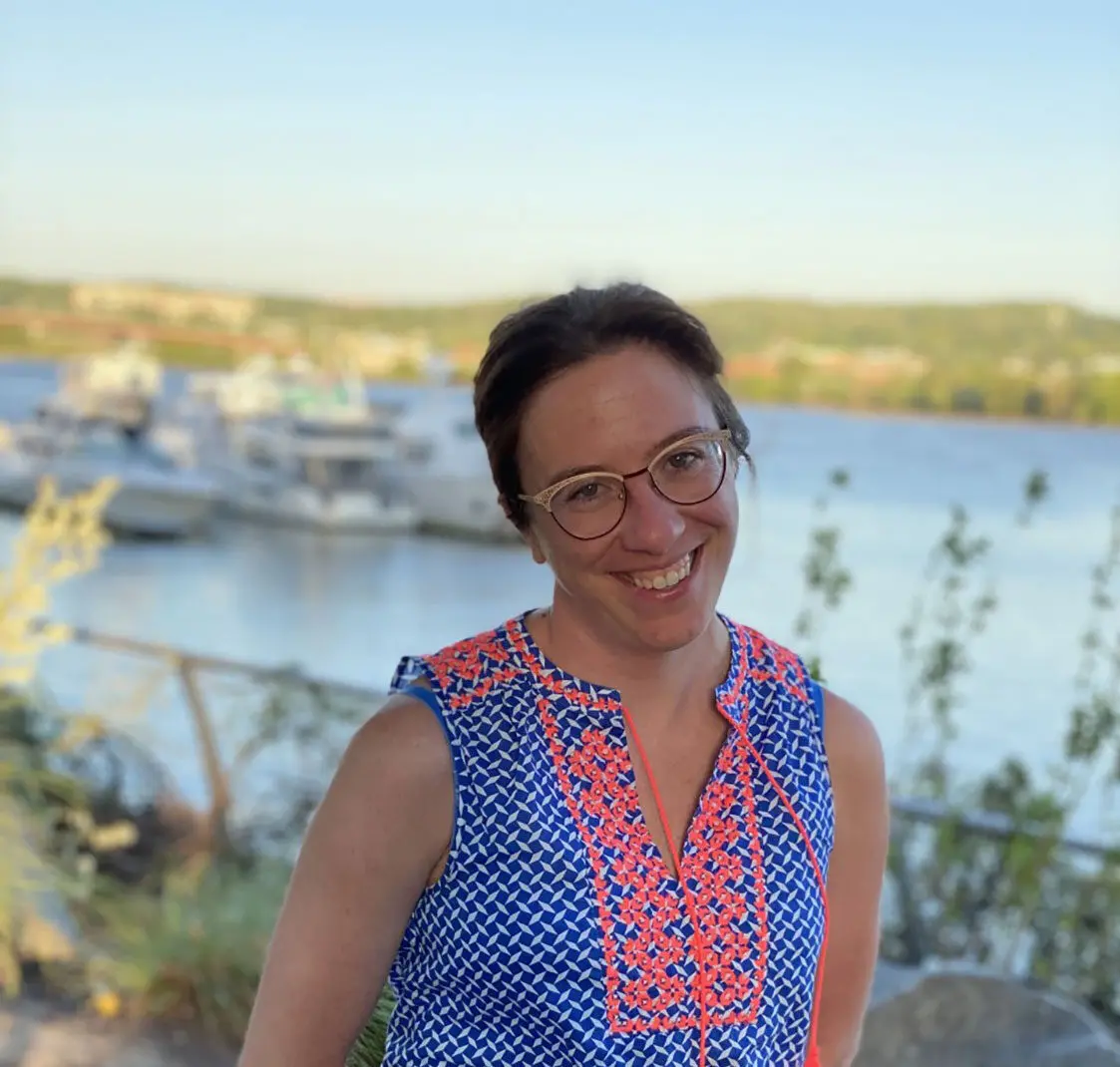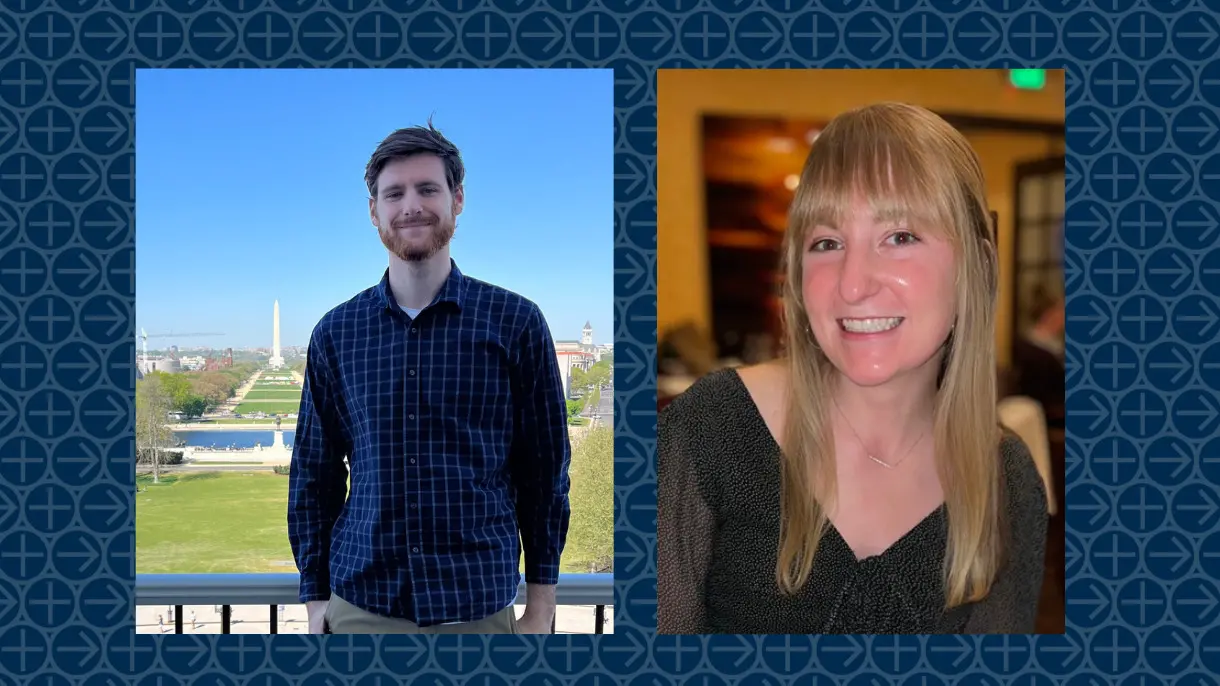
LVC News
- Accounting
- Accounting/MBA 3+1
- Actuarial Science
- Allwein Scholars
- Alumni Profiles
- Applied Kinesiology
- Athletic Training
- Athletics
- Audio Music Production
- Awards
- Biochemistry & Molecular Biology
- Biology
- Breen Center
- Business Administration
- Campus
- Chemistry
- Clinical Exercise Physiology
- Clinical Mental Health Counseling
- Community Service
- Computer Science
- Creative Arts
- Creative Writing
- Criminal Justice
- Data Science
- Digital Media
- Economics
- Education
- Engineering
- English
- Environmental Science
- Esports
- Exercise Science
- Faculty Profiles
- Gallery
- German
- Giving
- Graduate Studies
- History
- Honors
- Intelligence and Security Studies
- Interaction Design
- International Business and Policy
- LVEP
- Marketing
- Mathematics
- MBA
- Medical Humanities
- Medical Laboratory Science
- Music
- Music Business
- Music Education
- Neuroscience
- Nursing
- Physical Therapy
- Physics
- Political Science
- Pre-Law
- Pre-Medical Professions
- Psychology
- Self-Designed
- Social Justice and Civic Engagement
- Sociology
- Spanish
- Speech-Language Pathology
- Sport Performance
- STEM Education
- Student Profiles
- Study Abroad
- Sustainability
- Transfer
- Undecided/Exploratory
Do the Work, and Be Yourself

Jennifer Selin, J.D., Ph.D., ’04 talks about her impactful experiences as an LVC student-athlete, highlights of her legal career, and her new position with the Administrative Conference of the United States (ACUS). She earned her J.D. from the Wake Forest University School of Law and her Ph.D. in political science from Vanderbilt University.
What made you choose LVC for your undergraduate degree?
LVC was not on the radar until Coach [Kathy] Tierney reached out to me. After that, I visited twice, meeting with the field hockey team and economics and political science professors and talking with LVC administrators and students. Standing on the bridge to the athletic complex, I looked out across campus and thought, “This is it. This is my home.” Why? I thought LVC would allow me to be myself and pursue all the things I deemed important.
How important was the ability to continue being a student-athlete while also pursuing your undergraduate degree?
Essential. I needed field hockey as an outlet and recognized that LVC would provide me with the opportunity to thrive as a student-athlete in the best sense of the word. Make no mistake—I would not be where I am today without my experience as a member of LVC field hockey. There is still advice I recite to myself daily. Coach Tierney’s “Leave it all at the bridge,” which I interpret to mean, “We all have a bunch of s*** to deal with, but we are lucky to have this moment to focus completely and utterly on the task at hand. So, make it worth it.” And Stacey Hollinger’s [associate director of athletics, former assistant field hockey coach], “Control what you can control.” I say that to myself every time I have a big meeting, oral argument, or similar.
What first sparked your interest in law?
During college, I interned with a law firm, served as a page in the Ohio legislature, and then worked for leadership on Capitol Hill in Washington, D.C. The consistent theme from those experiences was that if people did not have a law degree, they wanted one. So, I went to law school, which I absolutely loved. It was one of the defining moments in my life and set me up for a career I could never have imagined. And I maintain–and stress–that would not have happened without LVC.
What were some of the important moments of your time at LVC that helped prepare you for your career? Did you develop any close relationships with faculty mentors while you were here?
So many things from my LVC experience set me up for the future. If I were to condense it to one thing, it would be this: As a college, LVC gave me the space to realize that I am a unique person with unique talents. From the moment Coach Tierney called me, I felt valued as an individual and not as a number. While I recognized it at the time, I did not fully appreciate this aspect of LVC until after graduating.
Having worked at several universities and knowing what I know now, I know it is very rare for a college to treat students as individuals with unique skill sets who have something important to give the world. This student-focused mindset is LVC’s comparative advantage. The College recognizes its students as humans and encourages them to develop skills that will last a lifetime. I still think back to Dr. [John] Norton’s political science exams. He did not ask us to regurgitate what he said. He required us to synthesize material into an argument. That sort of thing is incredibly rare across the country but common at LVC.
To remind me of that, I keep a framed copy of my first government exam from Dr. Norton in my office. I also have two frames with encouraging notes written from other professors, teammates, friends, and mentors. For example, when I decided to go to graduate school, I wrote the late Dr. [Don] Byrne whose response will remain on my encouragement wall for the rest of my professional career. I also want to recognize the late Dr. [Jeanne] Hey. I met with her while still deciding where to go to college, and I took her economics courses in my first year. She was one of the first to believe and articulate that I could be an internationally recognized scholar.
Can you share some of the highlights of your career trajectory and what you have been most proud of so far?
Without question, I am proudest of my book, Sourcebook of United States Executive Agencies. The Sourcebook has been cited by liberal and conservative justices of the U.S. Supreme Court, and other members of the federal judiciary, relied upon by Congress and federal agencies, and (I’ve been told) sits on the desk of several reporters in the White House Press Office. As a result, I have trained members of Congress and staff on oversight, advised state administrators and legislators on the practical realities of judicial deference to the regulatory process, and worked with the White House Office of Management and Budget and the Department of Justice on the legal realities of political appointments.
In addition, I am proud of my work on social reform for the justice-involved. I started on this in law school when the Supreme Court granted my three-person appellate advocacy team’s appeal as part of the group of cases heard in 2007–2008 that involved reform of the federal sentencing guidelines. Since then, I have advised lawyers from the National Association for the Advancement of Colored People (NAACP) Legal Defense and Educational Fund, American Civil Liberties Union, and Brennan Center for Justice on legal challenges to statutes that create hurdles to the restoration of the constitutional rights of the justice-involved.
What do you like best about the work that you are doing now?
I am a senior attorney advisor for the Administrative Conference of the United States (ACUS). ACUS is a small, independent agency in the federal government that advises all the other agencies about how to work within the law to fulfill their missions. I am relatively new at the job—I just started in November—–so I am still learning. However, the best part of my job is meeting with the nation’s best administrative lawyers to brainstorm how to improve government.
What advice would you have for high school students who are considering a career in law?
Do it, and DO NOT LIMIT YOURSELF! The law is awesome in that it requires you to think and communicate in ways that transcend disciplines. At the end of the day, the best advice that I can give to students is to pursue their passions. The rest will fall into place. To bring things full circle, as Coach Tierney and Hollinger taught me, you will be respected if you do the work and be yourself.



